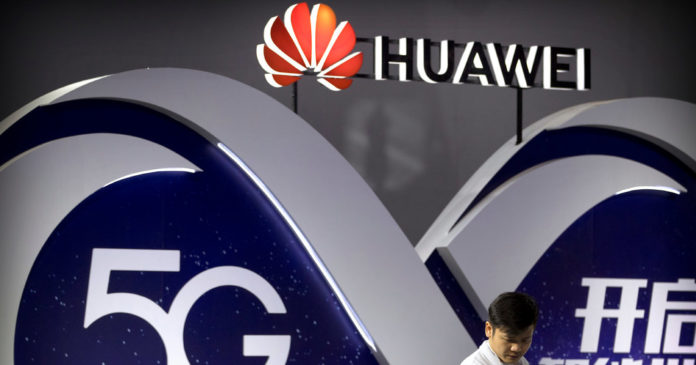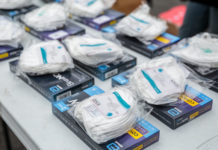A review led by Britain’s top cybersecurity agency, released on Thursday, found “underlying defects” in Huawei’s software engineering and security processes, although it stopped short of calling for a ban on the company’s products.
The chief executive of Vodafone, the British carrier, has warned that a full Huawei ban would delay the construction of 5G networks. Few industry observers believe, however, that carriers who are blocked from using Huawei’s 5G gear would be put at a major technological disadvantage as they roll out new data services.
“We’re talking about an industry with standards, meaning that by and large, everybody’s equipment operates in a similar way,” said Richard Kramer, a founder of the technology research firm Arete. “I think it’s an overstatement to say that the rest of the world won’t be able to build 5G networks without Huawei.”
The other big unknown on Huawei’s horizon is whether Washington will take further measures to undermine the company.
The Justice Department has already filed criminal charges against Huawei and Ms. Meng. But other federal agencies could do more, such as cut the company off from American parts and technology. The American chip companies Broadcom and Xilinx, both of which count Huawei as a customer, have recently told investors that they are monitoring the situation closely.
The immense power that Washington wields over Chinese tech companies was on vivid display last year, when the Commerce Department nearly drove a smaller telecom equipment maker, ZTE, out of business by denying it access to American components. Commerce officials determined that the company had illegally exported American-sourced technology to Iran.
The Trump administration ultimately softened that penalty. But months later, the Commerce Department imposed a sales ban on Fujian Jinhua Integrated Circuit, a chip maker, saying that the company was likely to act against national security interests. An American company, Micron Technology, has accused Jinhua of stealing chip designs.
Source : Nytimes












